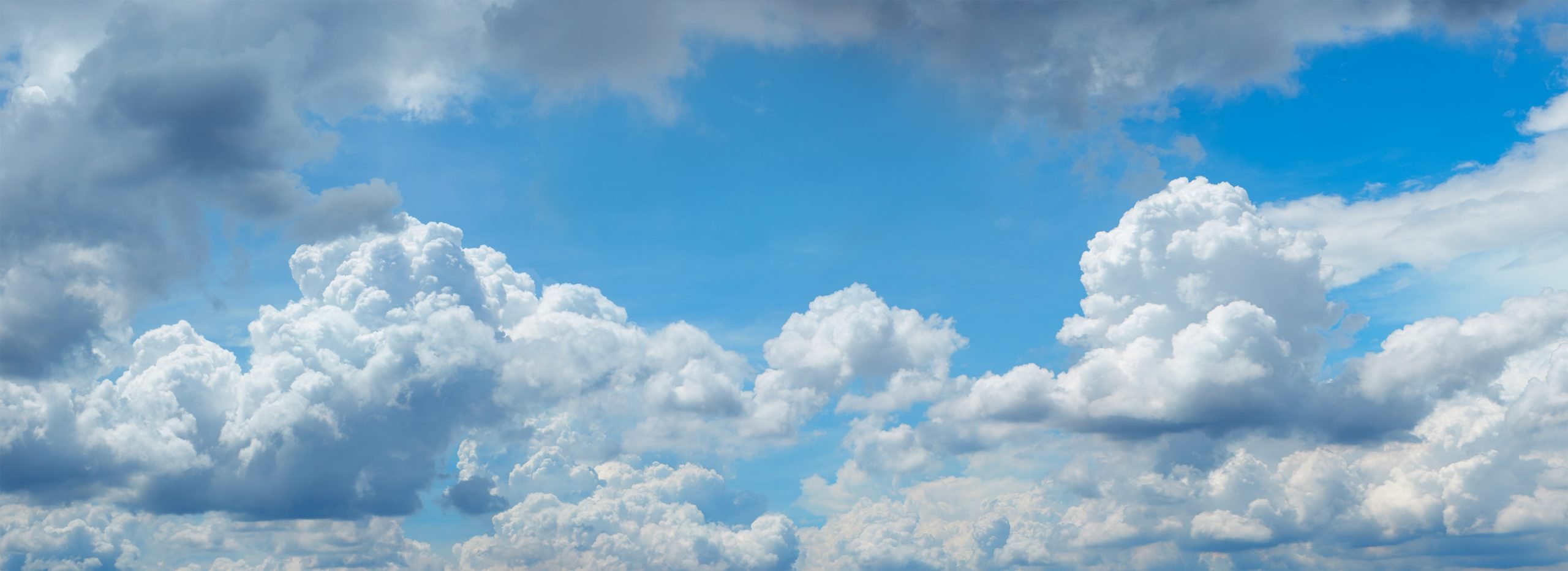Disaster-Specific Preparedness: Tips for Surviving Hurricanes, Earthquakes, Floods and More
Prepping Essentials: The Ultimate Checklist of Items to Keep on Hand
Home Defense: Protecting Your Family and Property During a Crisis
How to Stay Informed: Getting the Latest Updates and Alerts in Real Time
Mental Preparedness: Coping Strategies for Managing Fear and Anxiety during Disaster Situations
When it comes to disaster preparedness, being proactive is key. Depending on where you live, there may be specific types of disasters that are more likely to occur. Here are some tips for staying safe in different scenarios:
Hurricanes: If you live in an area prone to hurricanes, make sure to have plenty of non-perishable food, water, and medication on hand. You should also invest in a generator or solar panels to ensure you can keep your electronics charged and running. Make sure to follow evacuation orders if necessary and avoid driving or walking through floodwaters.
Earthquakes: In earthquake zones, it’s essential to secure furniture and other items that could fall and cause injury. Have a plan in place with your family members so everyone knows what to do in case of an earthquake. This includes finding a safe spot to shelter underneath and waiting until aftershocks stop before leaving the building.

Floods: If you live in an area prone to flooding, consider elevating your home or moving valuable possessions to higher ground. Be cautious when driving or walking through flooded areas as currents can be strong and unpredictable.
Home defense: In any crisis situation, protecting your family and property is crucial. Consider installing security cameras and alarms around your home. It’s also important to have a firearm or other self-defense weapon on hand to deter potential intruders.
Stay informed by following local news channels and weather reports. You can also sign up for alerts through your community’s emergency management agency. Having a NOAA Weather Radio is another great way to receive real-time updates on severe weather events.

Finally, mental preparedness is just as critical as physical preparation. Practice relaxation techniques such as deep breathing or meditation to manage stress and anxiety during disaster situations. Seek support from friends, family, or counselors if needed.
In conclusion, taking steps towards disaster preparedness can help give you peace of mind and increase your chances of survival in any scenario. Remember to stay informed, prepare physically and mentally, and always prioritize safety first.